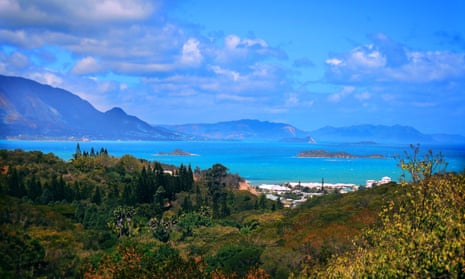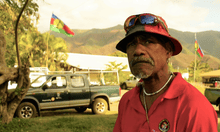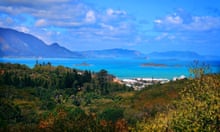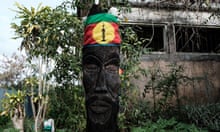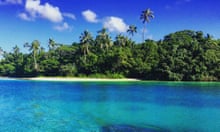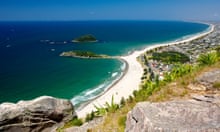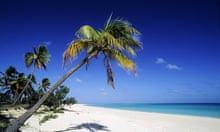The French overseas territory of New Caledonia will hold a referendum on self rule in 2018, which is expected to pave the way to full independence for the Pacific archipelago.
A deal was reached after leaders of the island nation, located 750 miles east of Australia, held nine hours of talks with officials in Paris.
If a majority of New Caledonia’s 275,000 inhabitants – 45% of whom are indigenous Kanaks – opts for independence, it will be the first French territory to break away since Djibouti in the Horn of Africa in 1977 and Vanuatu in the south Pacific in 1980.
France’s prime minister, Édouard Philippe, said the talks “resulted in a political agreement and, perhaps even beyond that, we have trust, which is just as important”. He will visit New Caledonia later this month.
In May, President Emmanuel Macron said he hoped the territory, which is battling unemployment, high levels of alcoholism and youth crime, and a failure of the education system, would remain part of France.
France’s presence was “necessary to guarantee peace and development”, Macron said.
In 1988, pro-independence militants killed four gendarmes on Ouvéa, one of the islands in the archipelago, and took 27 gendarmes, a public prosecutor and seven soldiers hostage. France despatched a military force, and most of the hostage-takers and two French soldiers were killed in a shoot out. The hostages escaped unharmed.
The Nouméa Accord, a 20-year agreement between Paris and New Caledonian officials in 1998 and named after the territory’s capital, envised a phased withdrawal by France from its territory 10,000 miles away, with a referendum on self rule by 2018 at the latest.
However, the move could lead to clashes between Kanaks and fiercely nationalistic ethnic Europeans, almost 30% of whom voted for the far-right candidate Marine Le Pen in the first round of this year’s presidential election.
New Caledonia, which has 25% of the world’s known nickel resources, was named by Captain James Cook in 1774; the British explorer said it reminded him of Scotland. In 1853, Napoleon III claimed it on behalf of France and turned it into a penal colony.
The territory currently sends two MPs to the National Assembly and two senators to France’s upper house of parliament.
